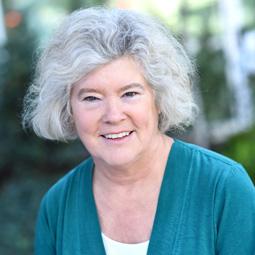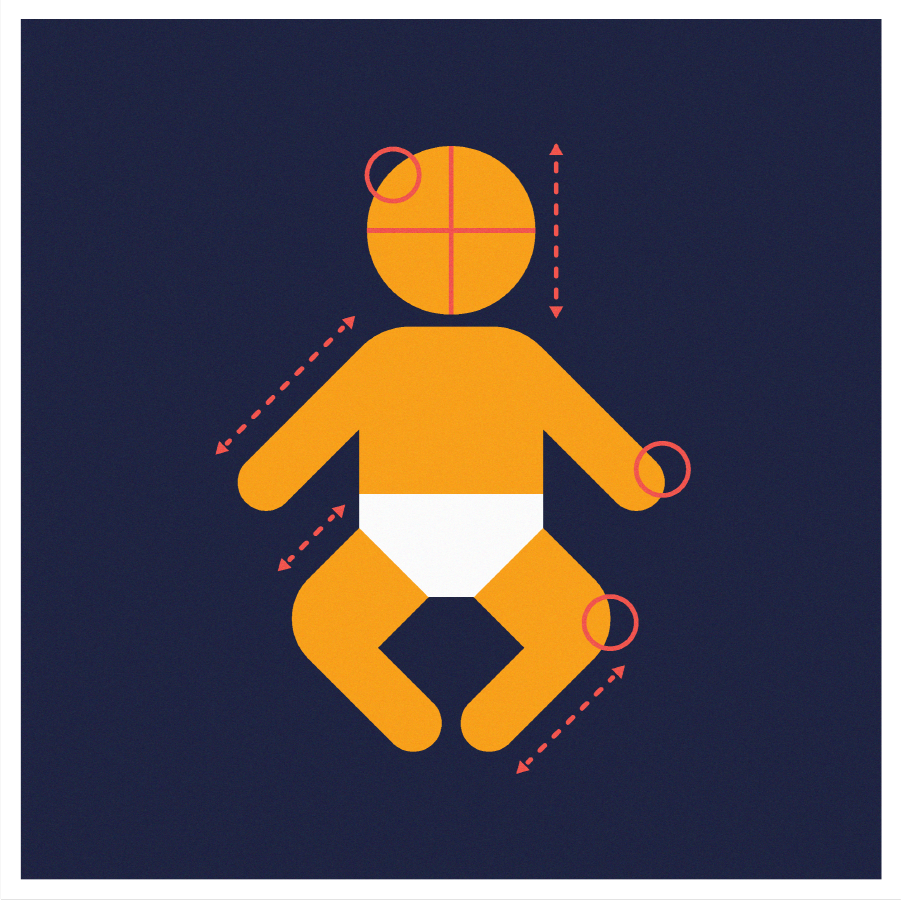Dysmorphic Features in Children
Learning Objectives
At the end of this course, participants should be able to recognize signs and symptoms and identify initial steps in the evaluation and management of:
- Recognize the importance of measurements to determine normal vs. out of range
- Understand the context of minor malformations in the physical examination
- Recognize the value of nomenclature in patient descriptions and database searching
- Recognize the availability of facial recognition software to aid in dysmorphology evaluation and diagnosis
Intended Audience:
This online course is designed for pediatricians, family physicians, geneticists, and other healthcare providers and educators.
Abstract:
This course offers an in-depth exploration of Dysmorphology, a critical aspect of clinical genetics. The focus is on syndrome diagnosis in children with distinctive physical abnormalities and facial features. The course highlights the significance of Dysmorphology and provides a historical overview. It covers key aspects of the physical examination, including measurements and interpretations. The course concludes with practical case studies to demonstrate the application of Dysmorphology in real-world scenarios.
Assessment and Earning CME Credit:
This course in English is not CME-accredited. However, it provides valuable educational content that can enhance your knowledge and skills in the subject matter. To receive CME credit for this course in Armenia, you must take the course in Armenian and complete the post-course quiz. You have three chances to achieve a passing score of 70%. Once you pass the quiz, we will send your information to the Armenian Ministry of Health for credits.

Linda M. Randolph, MD, FAAP, FACMG
Linda M. Randolph, MD, FAAP, FACMG, is head of the Division of Medical Genetics at Children's Hospital Los Angeles. Dr. Randolph is associate professor of clinical pediatrics at the Keck School of Medicine at the University of Southern California. She received her medical degree from George Washington University School of Medicine in Washington, D.C., then completed her residency at Children's National Medical Center in Pediatrics. Her postgraduate fellowships were in clinical genetics at Harbor-UCLA Medical Center and molecular genetics at Cedars-Sinai Medical Center in Los Angeles. Dr. Randolph holds membership in numerous professional societies, including the American Medical Association, American Society of Human Genetics, American College of Medical Genetics and Genomics, American Academy of Pediatrics-Section on Genetics and Birth Defects, and Alpha Omega Alpha. Her research interests include dysmorphology (study of birth defects); prenatal genetics; clinical cytogenetics (study of the structure of chromosome material); the genetic disorder, phenylketonuria; and neurocutaneous disorders, which involve the nervous system and skin. Dr. Randolph is widely published in leading medical journals and has authored and co-authored several book chapters.

